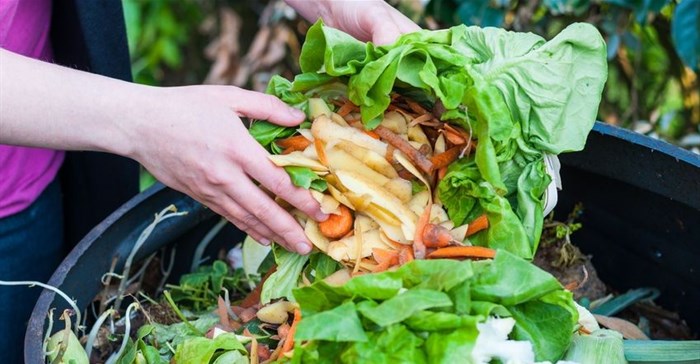
Diverting waste from landfill to food project
However, one sustainable solution has been developed in the form of Waste to Food, an innovative business process that converts excess organic waste into very high-grade compost, through the naturally occurring digestive process in earthworms.
Pick n Pay, with assistance from the Ackerman Pick n Pay Foundation, has invested R2m in the social enterprise project, which diverts waste from landfill to the Waste to Food project.
The Philippi-based project was founded in 2012 and aims to reduce the food waste footprint while creating jobs and empowering the local community. Partners in the project include Pick n Pay, the City of Cape Town, the Industrial Development Corporation (IDC), the Philippi Economic Development Initiative (PEDI), waste management company Don’t Waste, and the operating company Waste to Food.
Organic waste from 15 Pick n Pay stores, initially, is being diverted to the Waste to Food operation, where it is converted into standard grade compost through a HotRot in-vessel composter. The addition of the HotRot unit allows the project to convert up to 28 tonnes of waste to compost every week.
The addition of the HotRot allows the project to convert any organic waste material such as meat, cooked food, pastry, and dairy products into rich compost. Previously, these kinds of waste food categories could not be converted to compost because of potential pathogens. The high temperature, at which compost is formed within the in-vessel composter, neutralises pathogens and vegetable seeds. The composter cuts composting time down dramatically from two to three months to two weeks.
This compost is then converted to high-grade vermicompost through the use of large-scale ‘worm hammocks’. The project started with 10 ‘worm hammocks’ and now boasts 25.
The compost is then fed into the Worm Hammocks, where worms eat the compost creating vermicompost and ‘worm tea’ - a nutrient-rich liquid formed as a by-product of the worm composting process, and which enriches plant growth.
“We are pleased that as the project grows, it will provide micro-franchising opportunities to members of the local community to learn the required skills to manage their own worm hammocks and sell the resulting compost,” said Director of Transformation at Pick n Pay Suzanne Ackerman-Berman.
“Waste to Food is perfectly aligned to Pick n Pay’s commitment to cutting food waste sent to landfill by 20% by 2020.”